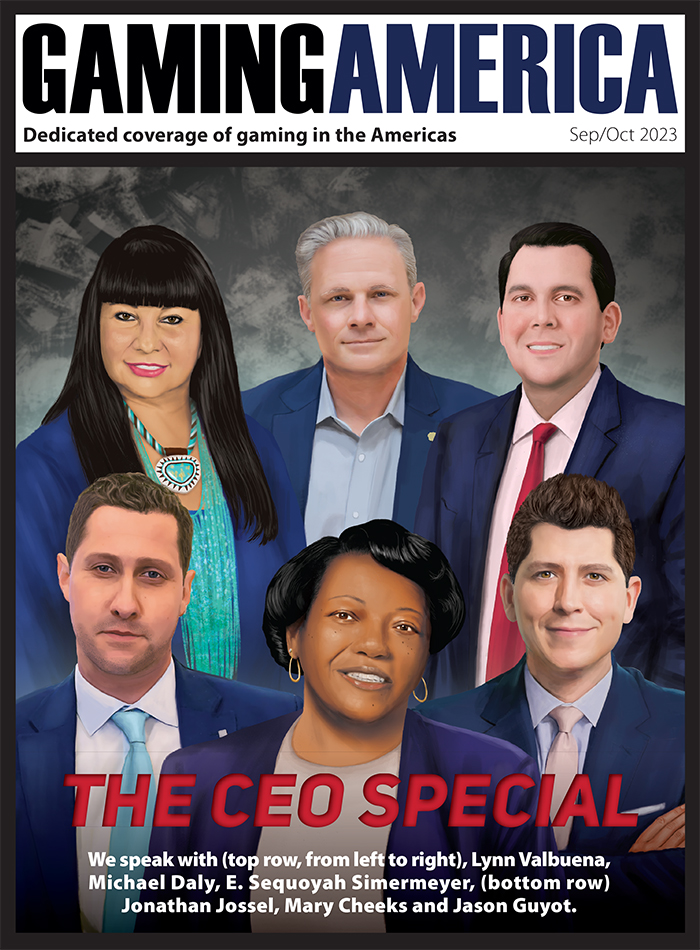
On June 30, 2023, the District of Columbia Court of Appeals issued a ruling in West Flagler Associates, Ltd. v. Haaland, allowing the Seminole Tribe to offer sports wagering in Florida. The decision upholds the 2021 Gaming Compact signed by both the Seminole Tribe and state Governor.
The DC Circuit did not rule the Compact legal under Florida law, or authorize online play outside of Seminole land, but instead opined that the Compact could authorize sports betting and online play on reservation land.
The Compact - that deemed bets placed online from anywhere in Florida to take place on Seminole land - allows the state and Tribe to avoid violating Florida’s constitutional limitations on gambling expansion.
As such, the state and Tribe slipped statewide authorization for online sports betting into an existing exception in Florida’s constitution for gaming on Tribal lands, approved under the Indian Gaming Regulatory Act (IGRA). However, IGRA neither creates nor governs any authorization of gambling outside Seminole land. The DC Circuit held that questions on gaming outside the reservation are best suited for Florida state courts.
Effect of the Compact
The Compact specifies that wagers placed within Florida must use the Seminoles’ computer servers. The DC Circuit held that any activity occurring outside of Indian lands is not within IGRA’s scope. This view is consistent with Michigan v. Bay Mills Indian Community, 572 U.S. 782 (2014) where the Court found that the IGRA cannot authorize or regulate gaming outside of Indian lands. As clearly stated by the Supreme Court in Bay Mills, IGRA’s overall scope is limited to “Indian lands and nowhere else.”
The DC Circuit noted that the Compact deemed wagers outside of Tribal land to still be made where the server is located. The court held that Secretary of the Interior, Debra Haaland’s, approval of the Compact did not provide an imprimatur to any gaming activity occurring outside Tribal land.
The DC Circuit concluded that the “nowhere else” scope of IGRA means IGRA neither authorizes, nor restricts, what Tribes do off reservation land. To the DC Circuit, any gaming outside Indian lands directly relates to the activity authorized by a compact and thus appropriately falls within the scope of IGRA provision 25 U.S.C. § 2710(d)(3)(vii).
The DC Circuit concluded Haaland’s allowance of the Compact does not “approve” anything occurring off-Tribal lands. Rather, the Secretary simply won't intervene to prevent the terms of the Compact discussing activity outside the reservation.
Litigation in Florida Courts?
The DC Circuit put questions to Florida state courts, including whether the legislature or Governor could legally authorize the Seminoles to accept wagers placed by Floridians outside the reservation. In 2018, the Voter Approval of Casino Gambling Initiative passed, which amended the state constitution to require a ballot initiative to authorize expansion of certain gaming operations, unless the gaming occurs on Tribal land as approved by IGRA (Fla. Const. Art. X, § 30(c).
Existing Florida law already provides that Class III gaming activities “authorized under this subsection and conducted pursuant to a gaming compact ratified and approved under subsection (3) do not violate the laws of this state.” (F.S. XIX § 285.710(13)(b).
Retail casinos opposing the Compact filed a petition for rehearing en banc by the full DC Circuit. Petitioners argue the Compact’s effective permitting wagers off-reservation land was “an abuse of IGRA to bypass a state constitutional requirement.” Federal approval of the Compact, petitioners assert, could be claimed as proof that the Fla. Const. Art. X, § 30(c) had been satisfied, even though the Secretary could not approve gaming off reservation lands.
Petitioners argue further that Bay Mills’ “nowhere else” language limits what the Secretary can approve and the DC Circuit ruling departs from precedent: If the petition for rehearing is not granted, petitioners could appeal to the United States Supreme Court. It seems clear this matter could end in Florida’s state courts.
In the meantime, the DC Circuit’s opinion clears the Seminole Tribe’s path to offer sports wagering throughout Florida, based on the legal presumption that online sports wagering occurs “exclusively” where the server processing the bet is located – on Seminole lands.

